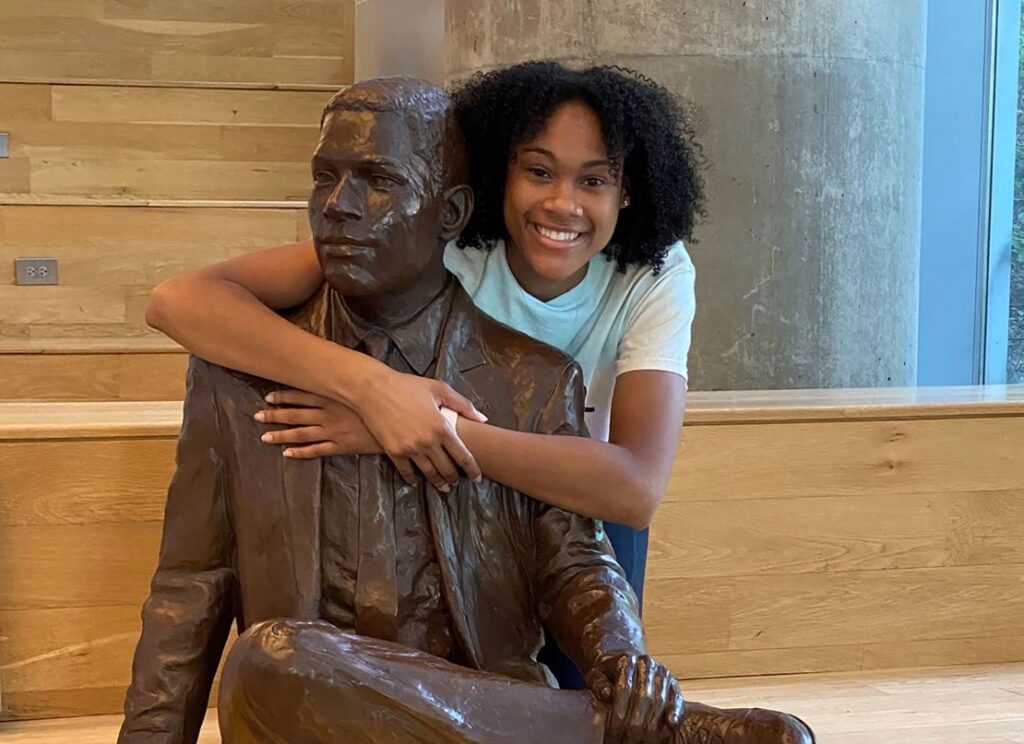Engineer Who Was Georgia Tech’s First Black Grad Presents Granddaughter With Engineering Degree

Ronald Yancey, an engineer and the first Black graduate of the Georgia Institute of Technology, presented his granddaughter Deanna Yancey with her master’s degree from the same institution nearly six decades later.
Deanna Yancey recently received her master’s degree in electrical and computer engineering.
A Legacy of Courage and Determination
Ronald’s journey to Georgia Tech was marked by resilience. The school initially rejected him, leaving him to attend Morehouse College, where he majored in math and physics.
Despite the absence of an engineering program at Morehouse, his determination did not waver.
He reapplied to Georgia Tech, faced another rejection, and was finally accepted in 1962 under several conditions, including retaking the SAT and attending a summer chemistry class.
Once enrolled, Ronald endured extraordinary demands not placed on his white peers, such as maintaining a B average and completing 18 exams during the final weeks of school.
He was also warned not to take public transportation or attend any of the school’s athletic events for his safety.
He was eventually given his electrical engineering degree in 1965, making him the first and only Black man of the 300 students in his graduating class.
A sculpture was dedicated to Yancy on the campus in 2019.

A Symbol of Change and Continuity
The university shared the moment Deanna walked across the stage to be greeted by her grandfather on Instagram as he presented her with the diploma at McCamish Pavilion.
Deanna started by building computers with her father in Maryland, majoring in engineering at Penn State, and finally completing her master’s at Georgia Tech online.
“We are extremely proud that Deanna took the initiative to select her field, to quietly and quickly apply, arrange her curriculum and follow through with the completion of her matriculation,” Yancy said in a statement to the University.
“Deanna’s graduate degree is truly an impressive achievement.”
Deanna said the recent commencement ceremony was more than just a familial celebration; it was a symbolic passing of the baton.
“It signifies the passing of a baton from one engineer to another. But more importantly, the struggle that he saw is not the struggle that’s going on now,” she stated.
Featured image credit: WANF



